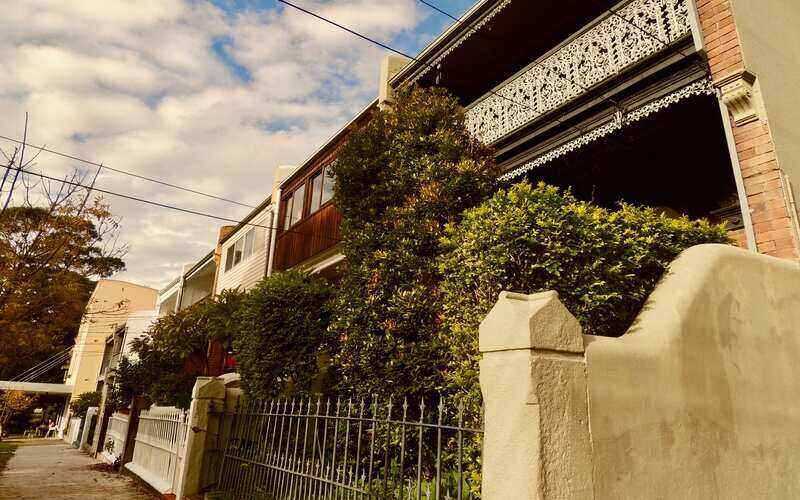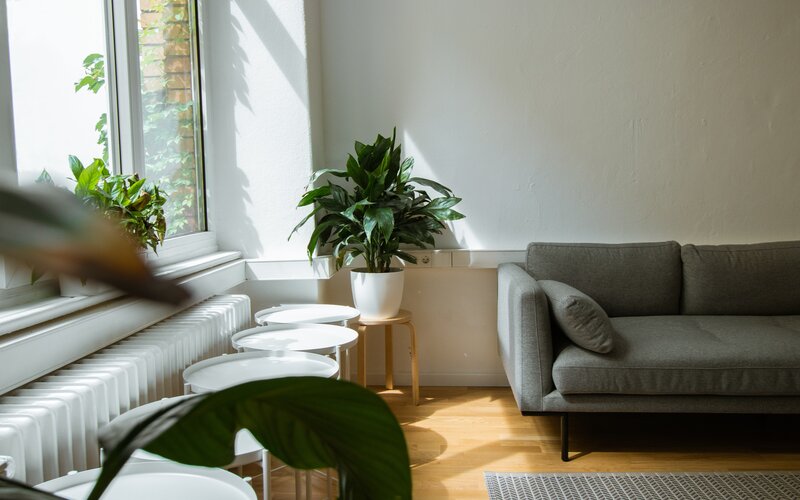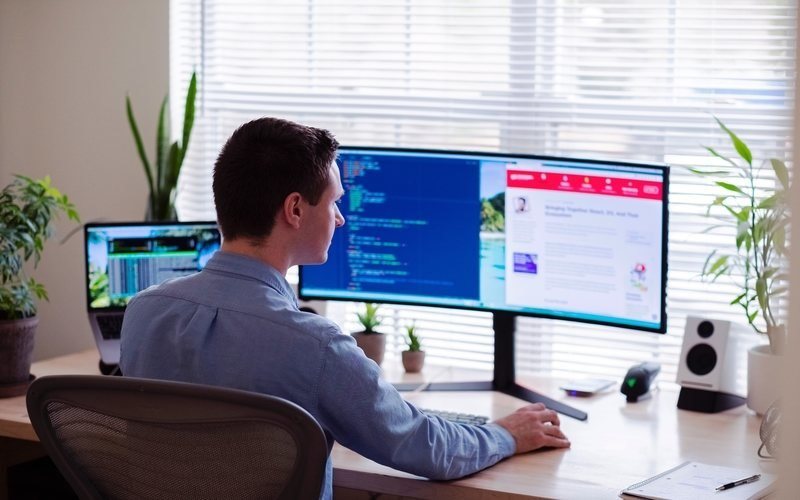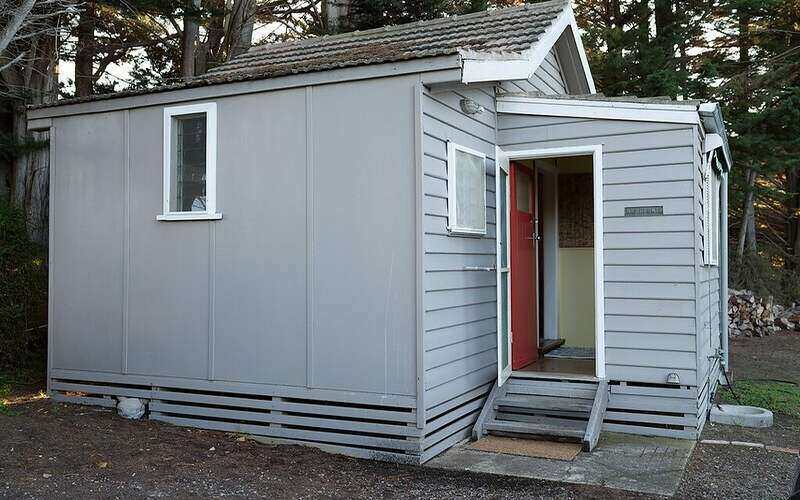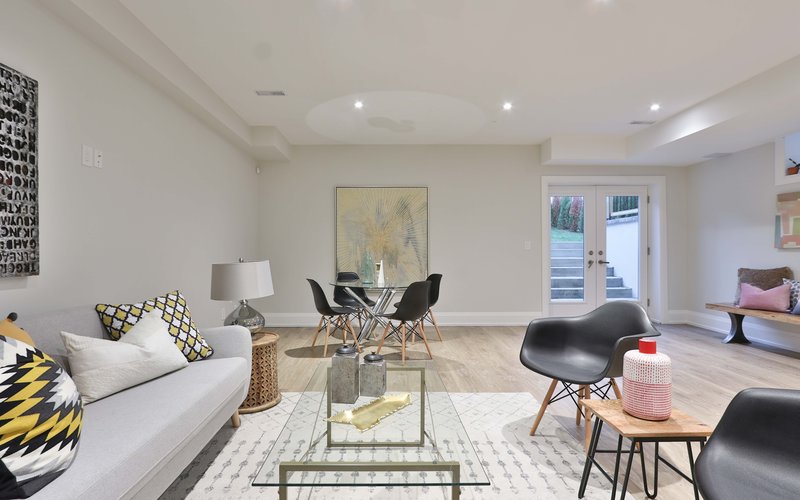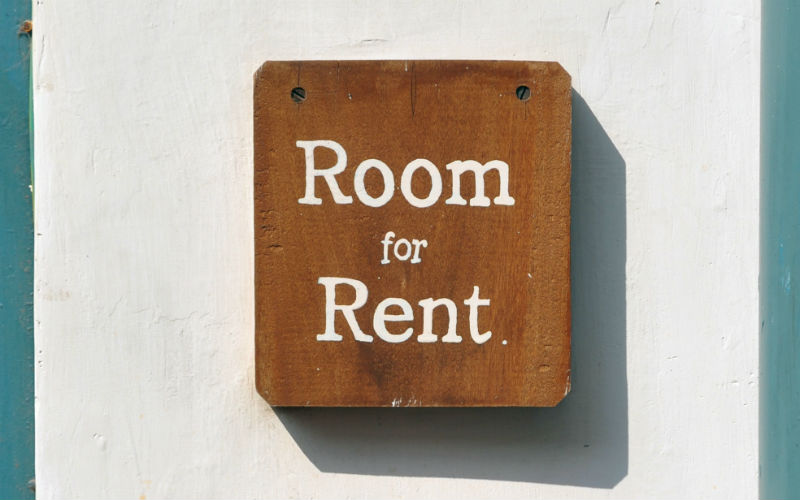Owning a home is part and parcel of the great Australian dream. However, with the ever-climbing prices of real estate, it has become increasingly difficult for many Australians to gain a foothold in the property market, let alone being able to buy in an area they want to live in.
But a growing number of Aussies are adapting the Australian dream so they can both own property and live in their desired location - a practice is known as ‘rentvesting’.
What is rentvesting?
Rentvesting is when you live in a rental property while simultaneously renting out an investment property that you own. Rentvesters typically rent property they want to live in (but can’t afford to buy) and buy property they can afford (but don’t want to live in), renting it out as an investment property.
For example, your dream home may be a three-bedroom house with a backyard situated close to a major CBD, but you may not be able to afford one. As an alternative, you can choose to buy a home further afield and rent it out while renting yourself in your preferred location.
Essentially, you are splitting out the two factors of 'affordability’ and ‘quality of living’ and trying to optimise each without having to deal with the baggage of the other!
How common is rentvesting?
InfoChoice's 'State of Aussies' Savings', published in July 2024, found nearly one-in-six property investors (or 14.5% of respondents) rented the home they lived in. Of those, around a third rented their residence on their own while the remaining two-thirds rented a place with others.
A further 3.2% of those who owned an investment property did so while living rent-free with family - a practice we at Saving's.com.au have dubbed 'nestvesting'.
The survey results suggest renting while simultaneously owning an investment property is not uncommon but is rentvesting a good idea? Here are some key points to think about:
Rentvesting pros and cons
The benefits of rentvesting
1. Your purchasing power doesn’t affect the lifestyle you want
Rentvesting makes it possible for you to live your preferred lifestyle and at the same time, get onto the property ladder and create an extra income stream.
The prime motivation of rentvesters can vary. Many want to live in their preferred location and at the same time, not miss the bus on escalating property prices. Market conditions will always dictate how this plays out financially.
In recent times in Australia, national rents have risen at a greater rate than median property prices, according to PropTrack data. At the end of the March 2024 quarter, rents escalated 9% over the previous year compared to 6.8% for property prices.
While rentvesters can benefit from increasing rents for their investment properties, at the same time, they will also be paying them. The income stream of rentvesters is subject to market fluctations and this needs to be kept in mind. Markets can be changeable, particularly over the long term.
2. Rentvesting can help you buy a property sooner
Rentvesting allows you to buy a property purely from an investment perspective with a focus on capital growth and rental yield as opposed to how much you love the property and other less tangible considerations. Removing these emotional factors in property purchasing can get you onto the property ladder quicker.
It also allows you to target properties that are substantially cheaper than your dream home. This can mean you’re not required to save as much for a deposit. In turn, this can help you achieve the 20% deposit required to avoid Lenders Mortgage Insurance (LMI) and negotiate a better interest rate that can come with having a loan-to-value ratio (LVR) of 80% or less.
3. Buying an investment property offers tax advantages
One of the biggest advantages of rentvesting is that all of the expenses associated with your investment property are tax deductible including home loan interest payments, property maintenance, insurance, council rates, depreciation, etc. If your property investment makes a loss (i.e. your expenses are more than the gross income from rent), you can leverage those losses to reduce your taxable income. Take note, Savings.com.au always recommends for any tax matters, it's best to seek advice from a tax professional to ensure you are claiming all you are entitled to and complying with tax laws.
Some property investors set up their property investments to make losses so that they can leverage these against other incomes which may be getting taxed at the top marginal rate (45% as at July 2024). This is known as negative gearing. While it sounds like a clever way to minimise tax, this strategy assumes investors are able to service the investment loan debt and other expenses - and that the value of the property will increase over time (why else would you make a loss on an investment?).
4. You are more likely to make a smart decision when purchasing a property
Buying a home usually comes with a lot of emotions since it’s your dream and you already have a picture in your mind of the kind of life that you and your family will have when you live in the house. On the other hand, buying an investment property doesn’t come with the same level of emotional engagement – you’re likely to be more focused on a property’s potential return on investment (ROI).
So, is rentvesting a good idea? It really depends on your personal preferences. If living within 5km of the city is a must so that your commute to work is less than 15mins and you’re surrounded by your favourite restaurants and coffee shops, then rentvesting can be a valid route to get you onto the property ladder without greatly sacrificing your aspirational lifestyle.
However, if you are hell-bent on building your future position as quickly as possible and are willing to make material sacrifices in your quality of life to do so, you are just as likely to get there through buying a property in an area where you can afford it and living in it. If this property grows in value over time, you will not pay any capital gains tax on its sale. This is not the case when you sell an investment property - capital gains tax will eat into any profit you make when you sell it.
The disadvantages of rentvesting
1. You still have to live in a rental property
While there can be benefits to rentvesting, at the end of the day, your primary residence is still someone else’s rental property and is subject to their whims and wishes.
As a renter, you can still be forced to move out at the end of your lease if the owner wants to vacate the property or someone else buys it, and they can increase your rent at their discretion. You will also have to put up with the usual inspections of your home, which you wouldn't have if you lived in your own home.
When you own and live in your own home, you can make any adjustments, changes, and renovations you want (within local regulations). This is something you can’t do as a renter.
2. The home might not grow in value
One of the main benefits of rentvesting is seeing your investment property rise in value, but this isn’t guaranteed to happen. There’s always the possibility that the property declines in value, and you may find yourself in a situation where you’re forced to sell it at a loss.
3. You have to pay both rent and homeownership costs
Rentvesting is not a cheap option and can be more expensive on an ongoing basis as you have to pay both your rent and the costs of owning an investment property. These costs can include:
- property buying costs, like the deposit, stamp duty, and conveyancing fees
- loan interest and fees (the biggest cost in most cases)
- property-ownership costs like insurance, land tax, council rates, property management fees, repair and maintenance costs, etc.
While many investment property costs are tax deductible, owning an investment property tends to pay dividends if you hold it over the long term. You need to be sure you can afford these ongoing costs on top of the cost of rent if you decide to rentvest.
4. You can lose access to first home-owner grants
Rentvesting can void your eligibility for two of Australia’s biggest first home buying subsidies, the First Home Owner Grants (FHOG) and the First Home Loan Deposit Scheme (FHLDS).
Although you may not necessarily need these schemes to buy a house, they can help, either by providing a cash bonus or lowering the deposit requirements needed. And if you’ve previously owned an investment property, you will be ineligible for either of them.
Rent and invest vs. buy
Buying a home to live in can have its advantages over rentvesting. The main advantage is that buying a house and living there is generally more cost-effective than rentvesting and you can move into your own home straight away instead of continuing to live in someone else’s.
Of course, the downside of doing this is that you may not be able to afford to buy in the ‘desirable’ areas you'd prefer to live in, such as those close to the CBD, near a beach, or in a vibrant neighbourhood. In some cases, it can be more affordable to rent than buy in these areas.
Rentvesting can be a way to continue to live where you choose, albeit in someone else’s home, while you buy a property further afield. This allows you collect rental income, perhaps enjoy tax benefits, and achieve capital growth before either selling the home to buy in a better location, or perhaps moving into it later on.
Both strategies have their merits, which is why you should carefully consider both.
Steps to becoming a rentvestor
Before becoming a rentvestor, here are some tips to consider before buying:
- Try to have a large deposit: The larger your deposit, the better it can serve you. This means you can borrow less of the cost of the property, which also means less interest, and you can also avoid paying lenders mortgage insurance. Having a larger deposit can also increase your chances of approval from lenders.
- Thoroughly research different markets: Researching markets to buy in is essential. It's important to consider the crucial amenities a suburb can offer (such as schools, public transport, shops and cafes, etc.) as well as potential for growth. If you don’t want to do this yourself, you can consider outsourcing the task to a buyer’s agent.
- Think long term: Rentvesting works best when the location you buy in has a high potential for long-term growth, or it’s a place you can see yourself living in down the track. This is why you shouldn’t fret if you're not making money from your rentvesting strategy straight away. It can take time to reap the rewards.
- Remember the extra costs: Owning a property isn’t a free ride. The extra costs we mentioned earlier, like ongoing loan costs and property management/maintenance costs, can mount up year to year. You need to factor these costs into your budget and leave some money aside to pay for any emergency expenses that might arise.
Frequently asked questions
1. How to start investing in rental properties?
There are many steps involved in starting to invest in property, but the first step is planning. Property investment is a huge financial commitment, and your portfolio should be something that will build wealth down the line, so take the time to properly research the homes you're buying.
Consider consulting a financial adviser, mortgage broker, or buyers' agent if you need help getting started.
2. Can I get a home loan for overseas property?
You can't get a home loan from an Australian bank for a property in another country. Australian banks and lenders only lend to people buying within Australia. However, some Australian banks will put you in touch with their international branches if they exist, or you can reach out to a foreign bank directly.
A home loan from an international bank or lender will follow that country's application process, which may be different to Australia.
3. Is an apartment a good investment?
Investing in apartments can be riskier than investing in a freestanding home, but it depends on a variety of factors, especially location. Apartments can be easier to rent out than standalone houses, but the catch is they typically don't rise in value as much as houses.
As a general rule, properties with an element of scarcity and properties that are well-located tend to make good investments. Consider the services of a buyer's agent for expert personal advice on suitable properties within your price range.
Savings.com.au’s two cents
Rentvesting can be a good strategy to help you build your future position through property ownership while maintaining the lifestyle you choose. The big factor than can determine the success of this strategy is the solid growth in value of the property you purchase over the period of your investment.
Bear in mind, this method of entering the property market is not for everyone. Be sure to understand how investing in real estate works and determine if rentvesting could work for you based on your own timeframes and financial objectives. Seeking professional advice can help you decide if the strategy will work for your circumstances and budget.
Image by Andrew Neel on Unsplash

Ready, Set, Buy!
Learn everything you need to know about buying property – from choosing the right property and home loan, to the purchasing process, tips to save money and more!
With bonus Q&A sheet and Crossword!


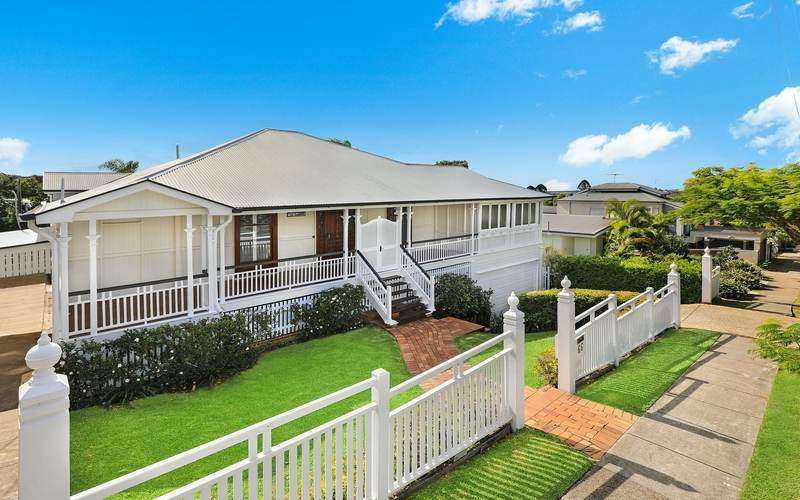
 Rachel Horan
Rachel Horan
 Arjun Paliwal
Arjun Paliwal